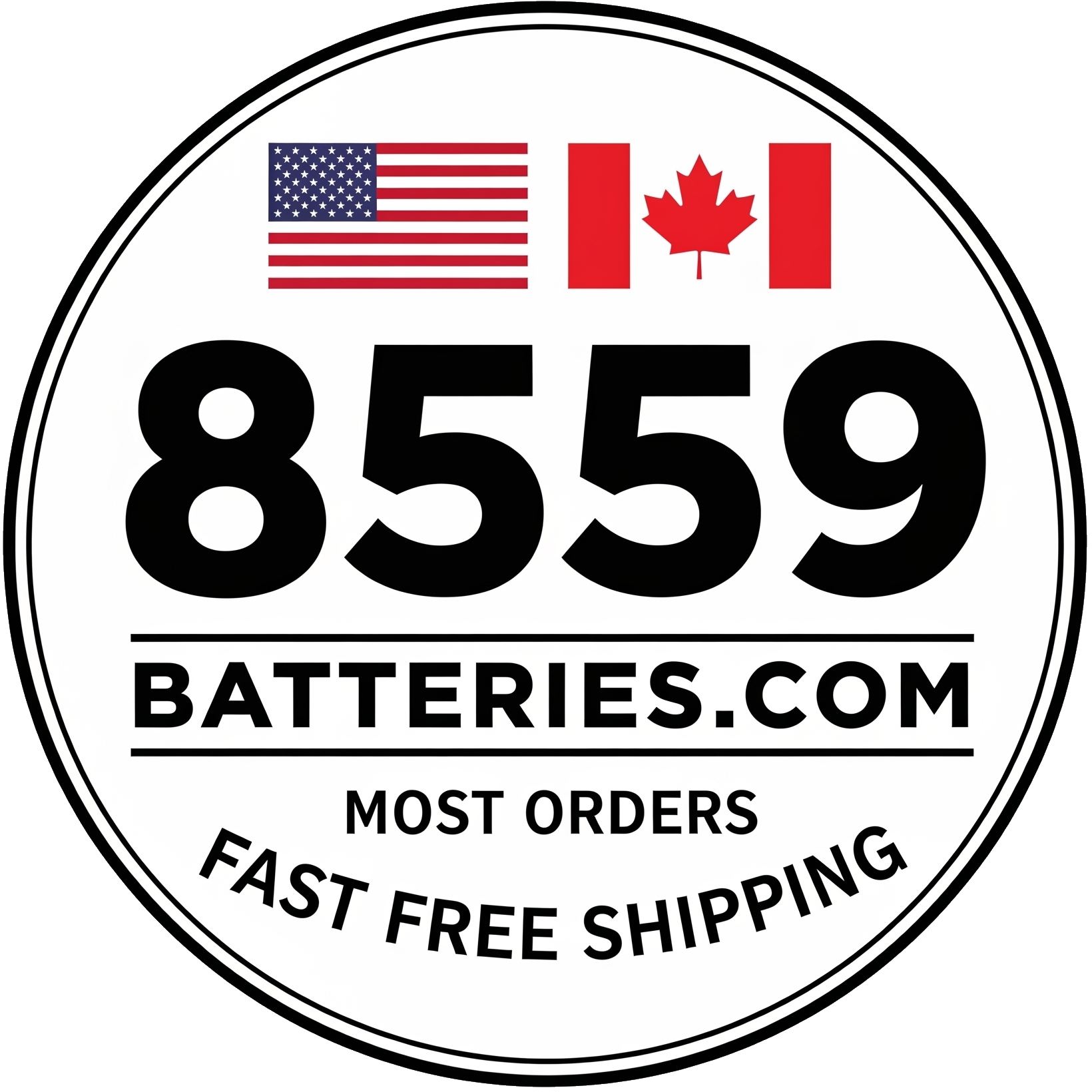Shop Products in USA
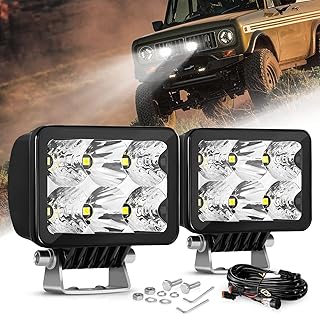
Auxbeam
LED Pods LED 60W
4.30
(24 reviews)
$55.99
Delivery Mon, Sep 15 Ships to CanadaOnly 5 left in stock - order soon.
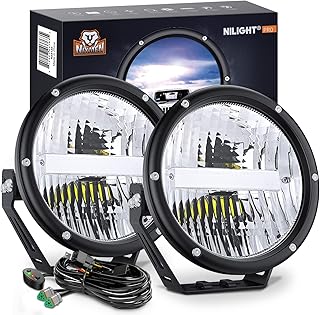
Nilight
7 Inch Round Offroad Lights 2 PCS 120 W High Low Beam IP68 LED Driving Pods Built-in EMC with 14AWG DT Connector Wiring Harness Kit for Truck ATV UTV SUV
4.40
(78 reviews)
$155.99
Delivery Fri, Sep 12 Ships to Canada
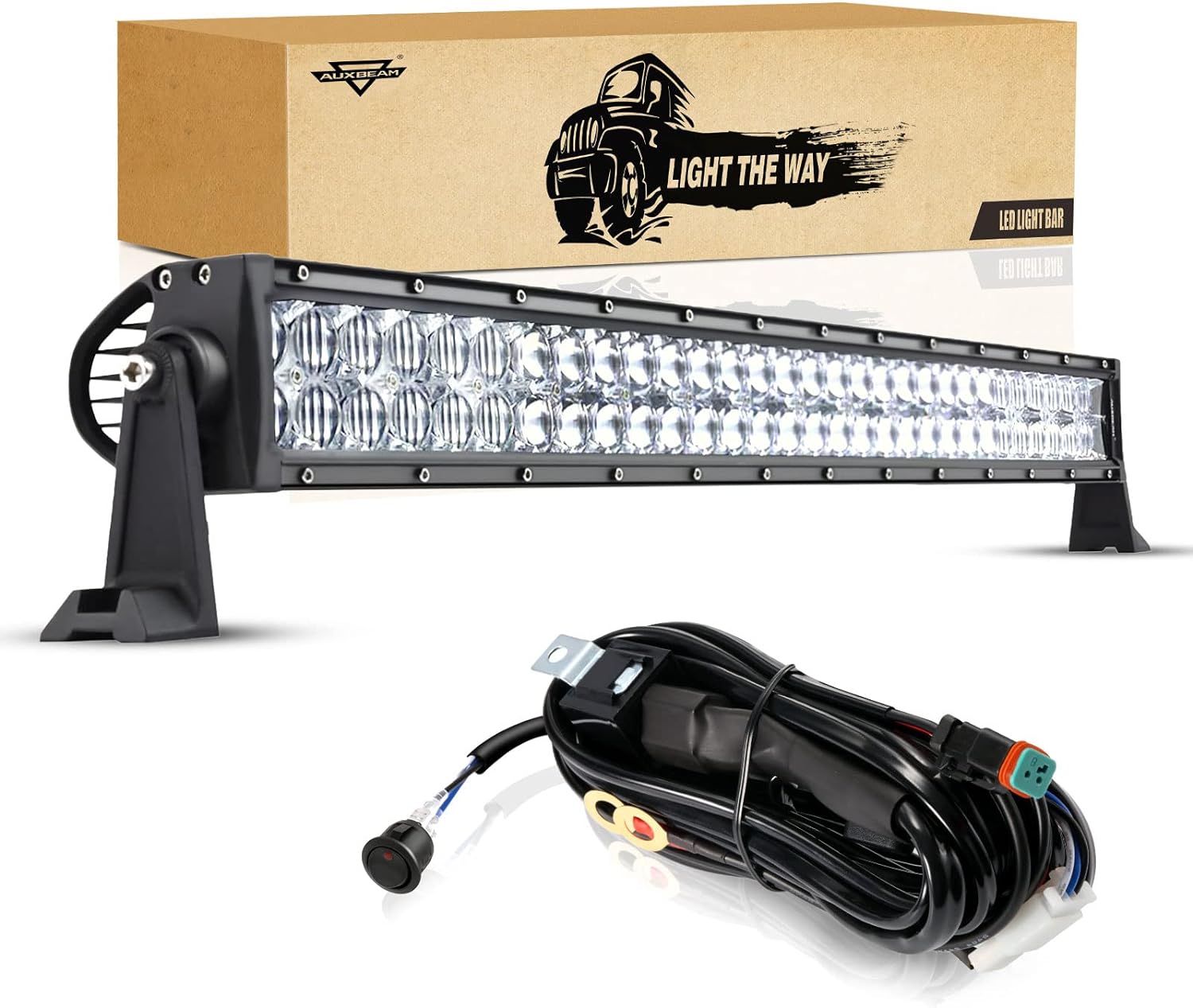
AuxBeam Driving Lights
AuxBeam driving lights add high-candela, long-range illumination to supplement your high beams on rural highways and gravel backroads. Choose spot (pencil) for maximum reach or Euro/drive for a wider, usable spread; pairing one of each balances distance and roadside visibility. Wire through a fused relay triggered by the high-beam circuit with a manual override, mount to rigid metal, aim slightly below the horizon, and use only on empty roads to avoid glare and stay legal.
About AuxBeam Driving Lights
AuxBeam Driving Lights: Long-Range Control for Rural and Backroad Night Driving
AuxBeam driving lights concentrate light down the road so you see wildlife, dips, and debris earlier and with less eye strain. They supplement (not replace) your high beams and are intended for open roads without oncoming traffic.
When to Choose (and When to Skip)
- Use if: You often drive unlit highways, ranch roads, desert tracks, or forest service routes above 35–45 mph.
- Use if: Your factory high beams feel bright up close but fade at distance.
- Avoid if: You mostly drive in city/suburban lighting or heavy traffic—fog lights or better low beams may help more.
- Avoid if: Your mounting options are flimsy plastic grilles that vibrate; choose a bumper/brush bar mount first.
Beam Patterns and Pairing
- Pencil/spot: Narrow cone for maximum reach on straight, fast roads.
- Euro/drive: Strong center hot spot with modest shoulder spill—good for mixed terrain and gentle curves.
- Combo pairing: One spot + one drive balances distance with roadside context. Aim the drive slightly toward the shoulder.
Pros and Cons
- Pros: Longer reaction time, less fatigue, complements OEM high beams, targeted light where you need it.
- Cons: Not for traffic or inclement weather glare, needs solid mounting and careful aim, may require wiring know‑how.
Fit and Compatibility
- Mounting: Use metal bumper/brush bar/light tabs; avoid unsupported plastic. Roof mounts can reflect off hood and amplify rain/snow glare—add a visor or choose lower mounts.
- Vehicle systems: For vehicles with auto high-beam/DRL/CAN bus, trigger a relay from a verified high-beam signal or use an add‑a‑circuit and a switch panel. Avoid tapping sensitive control modules.
- Size and weight: Confirm bracket hole spacing and weight capacity; a stiff mount prevents shake that smears the beam at speed.
Wiring and Control (Quick Specs)
The cleanest setup is a fused battery feed to a 30/40 A relay, with the relay coil triggered by your factory high-beam signal and a dashboard override switch.
- Fuse: 125% of total lamp current (round up to the next standard value). Place within 6–12 inches of the battery.
- Wire: Use quality copper, sealed connectors, and heat-shrink. Ground to bare, clean chassis or battery negative.
- Install time: 60–120 minutes with a premade harness; 2–3 hours if integrating with a switch panel.
| Total current (A) | Round-trip length (ft) | Recommended wire |
|---|---|---|
| ≤10 A | ≤20 ft | 14 AWG |
| 10–20 A | ≤20 ft | 12 AWG |
| 20–30 A | ≤20 ft | 10 AWG |
Label the switch so you can disable instantly for oncoming traffic. Verify the driving lights turn off with your low beams.
Aiming for Real Roads
- On level ground at night, set hot spots to land slightly below the horizon at your typical cruising distance.
- Stagger left/right a few degrees to broaden coverage without wasting light into the treeline.
- Test on an empty road for hood reflection, sign glare, and vibration; readjust as needed.
Maintenance
- Clean lenses regularly; bugs and dust reduce intensity.
- Re-torque brackets after the first rough trip and quarterly thereafter.
- Inspect connectors for corrosion; apply dielectric grease to seals and terminals.
- Replace cracked or chipped lenses promptly to protect the housing and gaskets.
Legal and Courtesy Notes
- Use only with high beams and switch off early for oncoming or preceding traffic.
- Check local laws for mounting height, covers, and the number of auxiliary lamps allowed.
- In rain, snow, or fog, prefer low-mounted fog lights; long-range beams can increase backscatter and glare.
Alternatives and Complements
- Fog lights: Low, wide, cutoff beam for bad weather and low-speed work.
- Light bars: Broad area fill; helpful for trails but can add hood and weather glare if roof-mounted.
- Upgraded bulbs/LED low beams: Improve baseline visibility before adding long-range auxiliaries.
Buyer’s Checklist
- Pick spot, drive, or a combo based on your roads and speeds.
- Confirm rigid mounting points and hardware (locknuts, thread locker, serrated washers).
- Plan a high-beam-triggered relay with a manual override switch.
- Size wire and fuse for total current and run length.
- Verify legal requirements (covers, height limits) in your state.
FAQ
Are driving lights legal on the street?
Generally yes when used with high beams and turned off for traffic. Many states regulate mounting height, cover use, and the number of auxiliary lamps—check your local code.
Should I aim them higher for more distance?
Aiming too high increases sign glare and eye fatigue. A slight downward angle typically yields more usable sight distance without dazzling others.
Why do my lights shake at speed?
Flexible mounts or plastic grille flex are common causes. Relocate to metal mounting points, add bracing, and use locknuts with thread locker.
White or yellow for driving lights?
Use white for long-range driving lights; it preserves detail and distance. Save selective-yellow for fog lights where cutting glare in bad weather matters most.
Will they interfere with radio or GPS?
Poorly filtered drivers can cause EMI. Use quality shielded wiring, solid grounds, and ferrite cores if needed; route power and antenna cables separately.
Bottom line: Solid mounts, clean wiring, thoughtful aiming, and courteous use make AuxBeam driving lights a valuable upgrade for dark, empty roads.
Shop Products in CANADA

AUXBEAM
22 Inch 120W LED Light Bar, 5D Reflector Straight Light Bar 12000 Lumen, Spot Flood Combo Offroad Light Auxiliary Driving Light with Plug & Play Wiring Harness Kit
4.40
(60 reviews)
CAD $98.99
FREE delivery Thu, Sep 11Or fastest delivery Tue, Sep 9
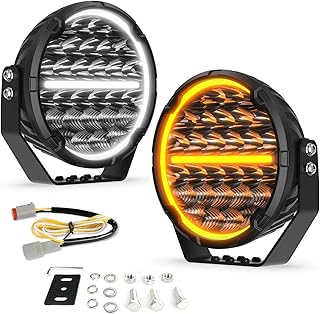
COLIGHT 9 inch Round Offroad Lights 12V LED Driving Lights with White/Yellow DRL 300W 60000LM Auxiliary Lights Spot Flood Combo Beam Led Pod Lights Work Lights for Truck UTV SUV Cars
4.80
(4 reviews)
CAD $279.99
FREE delivery Thu, Sep 11Or fastest delivery Tue, Sep 9
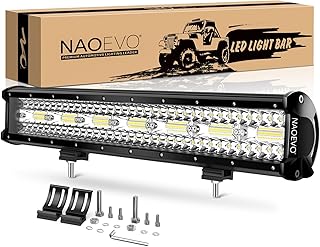
NAOEVO
LED Light Bar LED White
4.50
(112 reviews)
CAD $69.99
FREE delivery Thu, Sep 11Or fastest delivery Tue, Sep 9
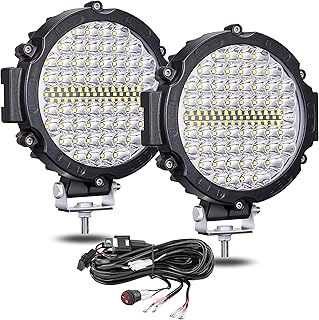
Round LED Off Road Lights, 7 Inch LED Pods with Wiring Harness, Truck Offroad Driving 120W 12000lm Tractor LED Work Lights, Auxiliary Fog Lights Golf Cart ATV UTV 12V 24V Combo Beam
4.40
(795 reviews)
CAD $56.99
FREE delivery Thu, Sep 11Or fastest delivery Tue, Sep 9
